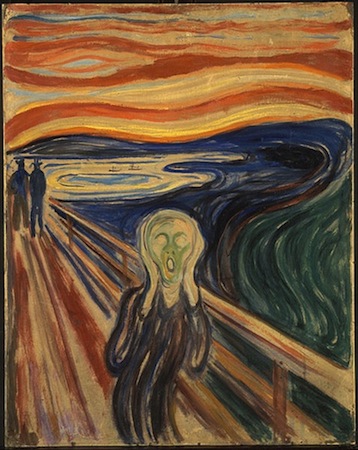Illness Narratives

One common assignment in Medical Humanities classes is for students to write an illness narrative. In Kathleen Rogers‘s Medical Humanities 200, Introduction to Medical Humanities, students are asked to practice narrative humility by interviewing a friend, family member, or acquaintance about an illness–physical, physiological, or both–or an experience of caregiving. Then, students are asked to analyze how external factors like race, class, gender, sexual orientation, ethnicity, ability, religion, etc. impacted this experience of illness. Here are some of the narratives shared with Dr. Rogers. These are shared with the permission of the students and the interviewees; in some cases, both names are anonymous to protect patient confidentiality.
Anonymous, I Know I’m Just a Kid, But Thanks, Doc (fibroblastic sarcoma)
Bailey Brewer, “You are My Sunshine” (COVID-19)
Belle Coffman, “A Search for Solace” (AIDS/HIV)
Madison Meeks, “Dorothy’s Story: From Caregiver to Being Taken Care of” (Caregiving)
Mary Stuckey, “The Invisible Illness” (Invisible Disabilities)
